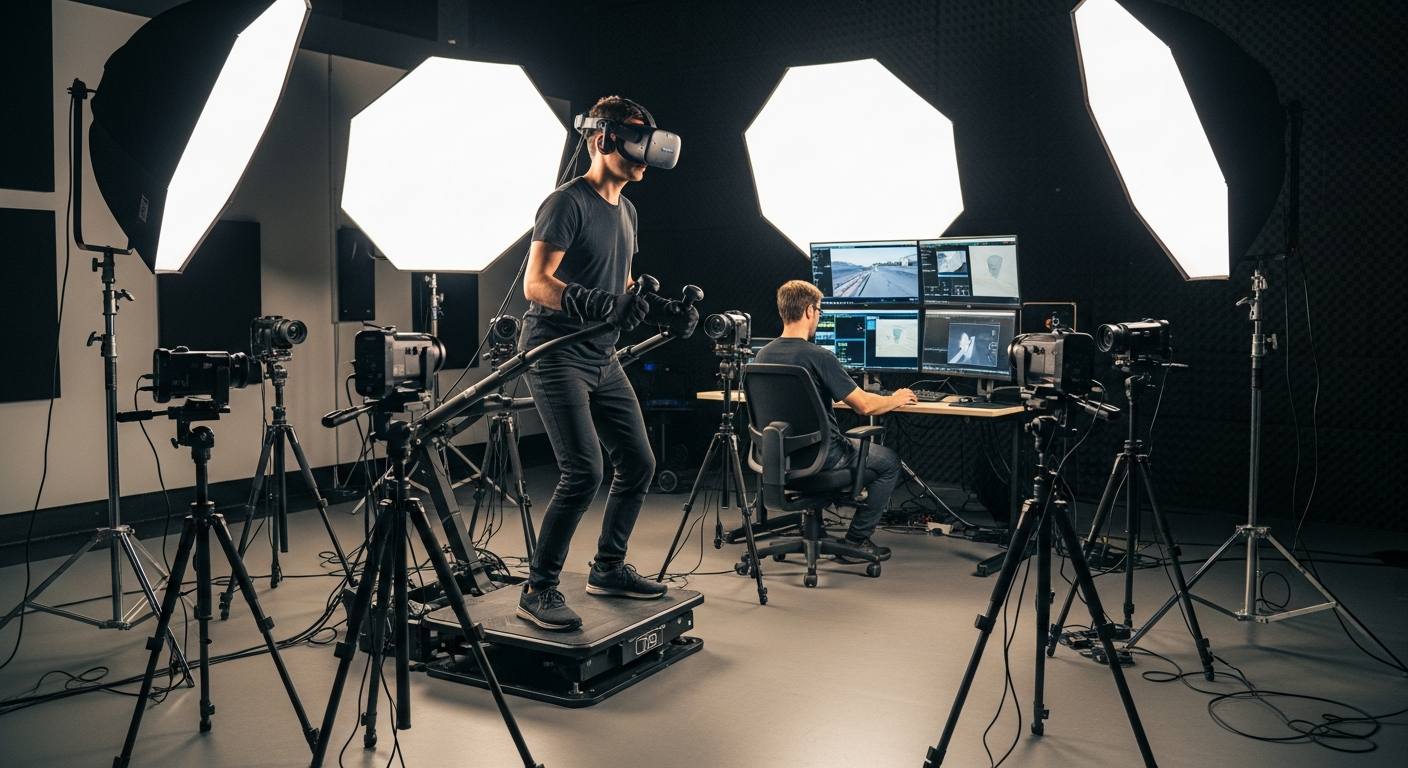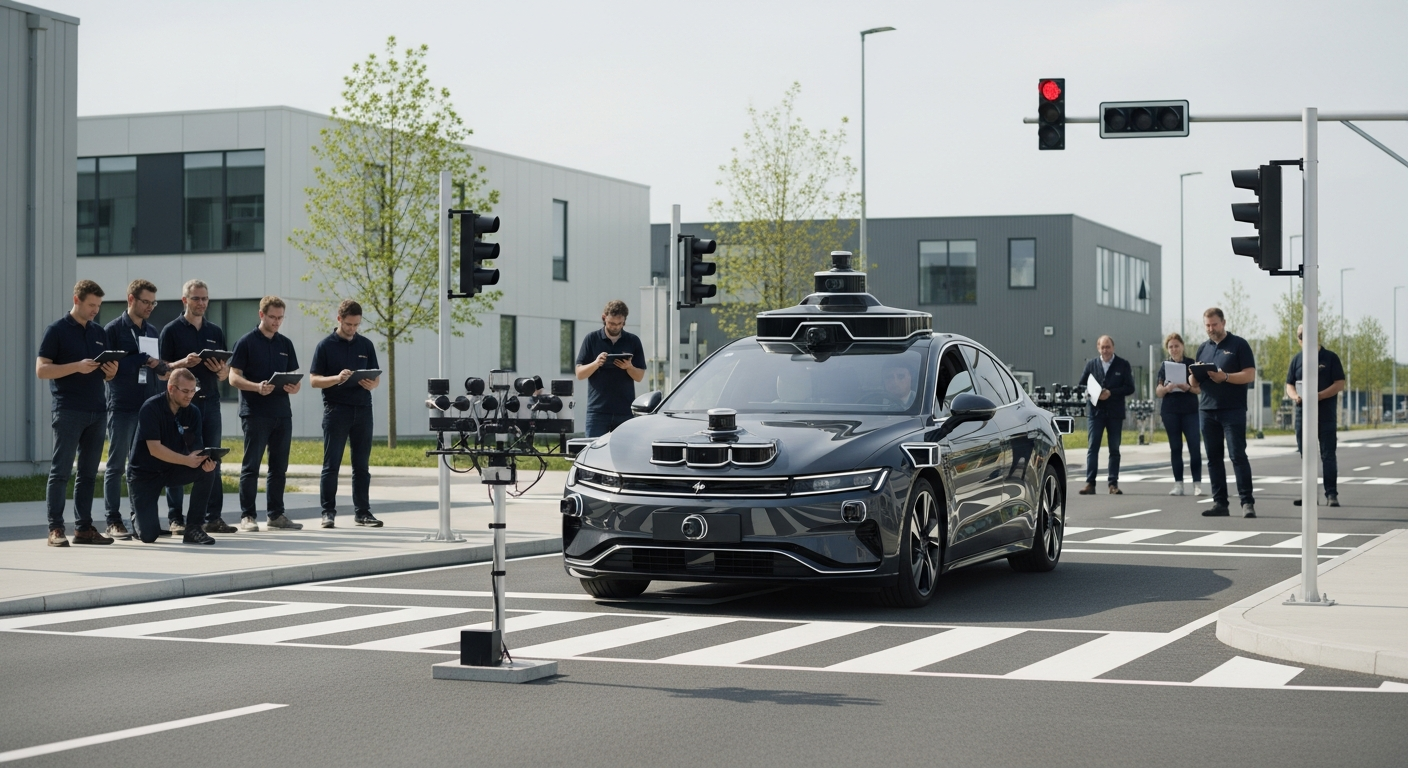The Intricate Dance of Social Media and Personal Identity
In the digital age, the way we perceive ourselves and others is continually evolving. The advent of social media platforms has revolutionized our self-expression and identity formation. Read below to delve into this fascinating interplay between social media and personal identity.
The Historical Context of Identity Formation
Historically, identity formation was a process largely influenced by one’s immediate environment—family, school, community, and culture. The self was shaped by direct interactions and experiences. However, the advent of the internet and, subsequently, social media, has dramatically altered this process. Now, individuals can create and project an identity that may or may not align with their real-world persona.
The Role of Social Media in Shaping Identity
Social media platforms like Facebook, Instagram, and Twitter have become virtual stages where individuals perform their identities. These platforms allow users to curate their online personas meticulously, choosing what to reveal and what to conceal. This curation process can lead to the creation of an ‘ideal self,’ often glossing over the complexities and imperfections that make us human.
The Implications of Social Media on Personal and Collective Identity
The ability to shape our online personas has significant implications. On the one hand, it can empower individuals, allowing them to express facets of their identity that may be suppressed in their offline lives. On the other hand, the pressure to project a ‘perfect’ image can lead to feelings of inadequacy and anxiety.
Moreover, social media can also influence collective identities. Online communities based on shared interests or experiences can foster a sense of belonging and validation. However, they can also lead to polarization and echo chambers, where dissenting views are silenced.
The Sociological Perspective: Research Insights
Research in sociology and psychology supports these observations. Studies have found that social media use can impact self-esteem, with constant comparison to others leading to lower self-worth. Other research highlights the role of social media in reinforcing group identities, often at the expense of individuality and critical thinking.
Balancing the Virtual and the Real: A Way Forward
Understanding the impact of social media on identity formation is crucial in today’s digital age. While it offers unprecedented opportunities for self-expression and community-building, it also poses challenges to mental health and societal cohesion. As we navigate this intricate dance between the virtual and the real, it’s essential to foster a balanced approach, one that celebrates authenticity and encourages diverse perspectives.
In conclusion, social media is a powerful tool that shapes our personal and collective identities in complex ways. As we continue to explore this digital landscape, let’s strive to use it as a platform for genuine connection and understanding, rather than division and disillusionment.







